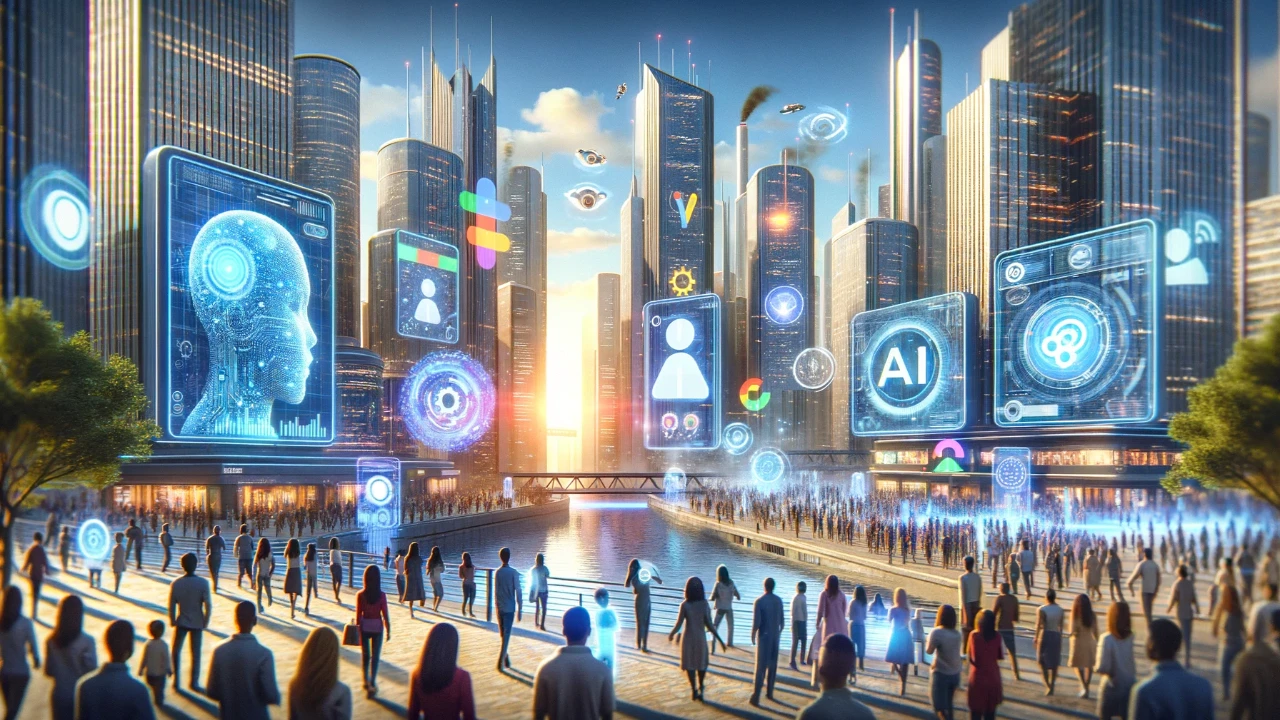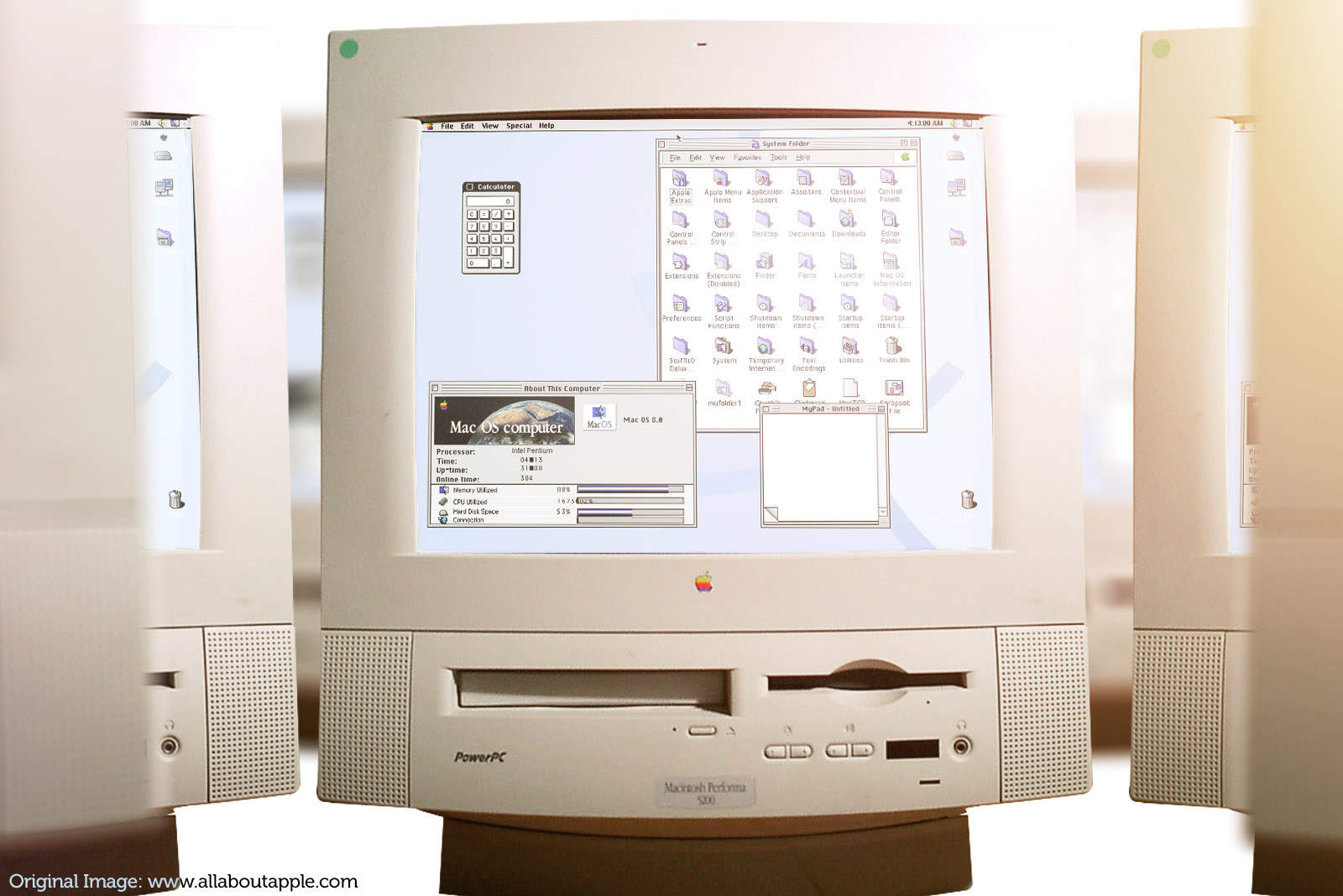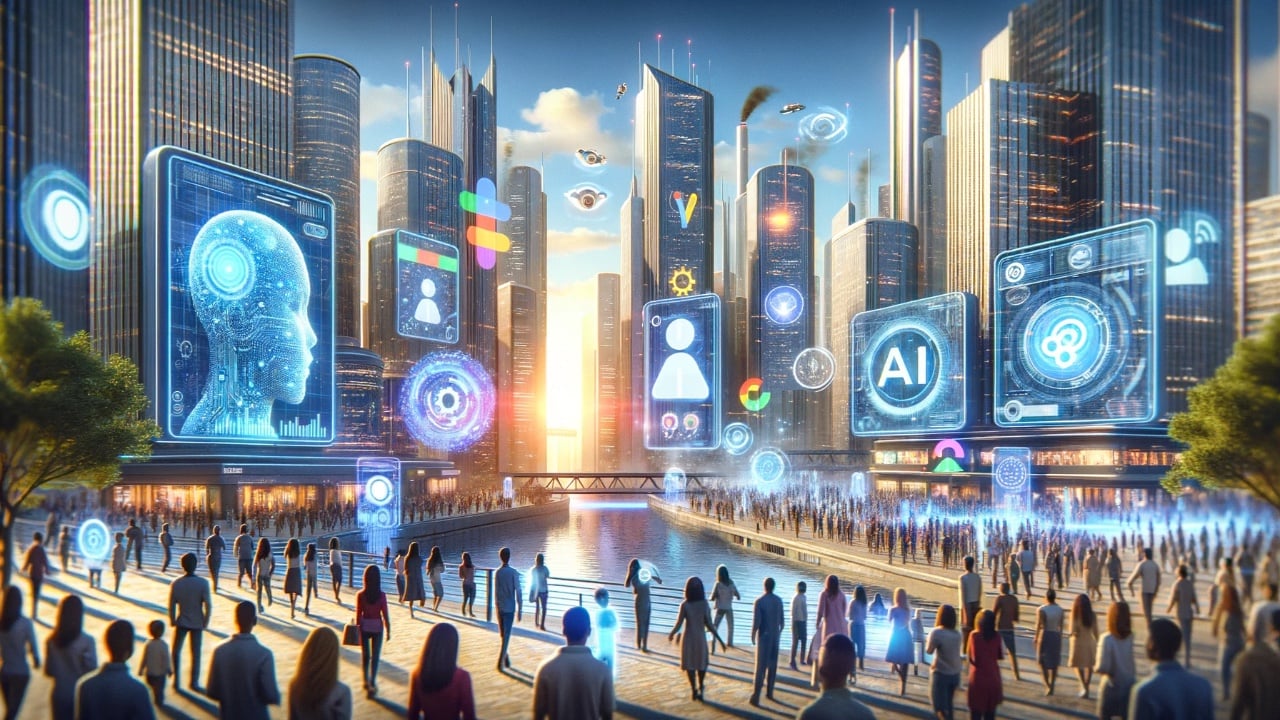
This guide is designed to show you how to navigate the AI era with the help of AI tools like Google Bard. The year 2024 stands poised on the precipice of a new era, one where Artificial Intelligence (AI) ceases to be a futuristic buzzword and firmly embeds itself into the fabric of our lives. From the algorithms curating your newsfeed to the software navigating your streets, AI’s influence is undeniable. But amidst this inevitable wave of change, a crucial question emerges: how can individuals like you and me navigate this landscape and not only survive, but thrive in the AI-powered future?
Enter Google Bard, a cutting-edge large language model developed by Google AI, which holds the potential to become your personal sherpa on this journey. Think of Bard not just as a chatbot or a fancy search engine, but as a versatile toolkit empowering you to embrace AI and future-proof your skills and abilities.
This article isn’t about predicting the future; it’s about preparing for it. We’ll dive deep into how Google Bard, with its unique capabilities, can equip you to succeed in 2024 and beyond, across various aspects of your life:
Level Up Your Creativity
Ever dreamed of writing captivating poems, crafting compelling scripts, or generating catchy musical pieces? Google Bard can make it a reality. Its ability to understand and manipulate language transcends simple search functions. Imagine telling Bard the essence of your idea, a feeling you want to evoke, or a theme you want to explore, and watching it spin words into magic. Whether you’re an aspiring writer, a filmmaker with a vision, or simply someone who enjoys the playful art of wordcraft, Bard becomes your co-creator, pushing the boundaries of your imagination.
Bridge the Language Gap
The world is a tapestry of vibrant cultures and diverse tongues. With Bard, you can break down communication barriers and tap into a global understanding. Its advanced translation capabilities allow you to converse with people in their native language, access information from across the globe, and experience the world without the limits of vocabulary. Think of it as your personal Rosetta Stone, opening doors to new perspectives and enriching your cultural awareness.
Become a Knowledge Powerhouse
Information overload is a real struggle in today’s digital age. But Bard offers a solution. Its vast knowledge base is constantly learning and evolving, fueled by Google’s extensive data resources. Ask Google Bard anything – a complex scientific principle, a historical event shrouded in mystery, or a current affairs debate with no easy answers – and watch it present you with insightful and comprehensive responses. It doesn’t just provide facts; it weaves them into a tapestry of context and understanding, turning you into a walking encyclopedia ready to tackle any intellectual challenge.
Embrace the Automation Revolution
Repetitive tasks, mundane chores, and the constant struggle to stay organized – these are time-consuming drains on our productivity. Googe Bard can help streamline your life by automating your routine. Tell it about your recurring to-do lists, schedule updates, and information-gathering needs, and let it handle the heavy lifting. From generating meeting agendas to booking travel arrangements to summarizing lengthy documents, Bard becomes your personal assistant, freeing you up to focus on the core areas where your human touch and creativity truly shine.
Personalize Your Learning Journey
Education is no longer confined to classrooms and textbooks. Bard unlocks a new paradigm of personalized learning. Tell it about your interests, goals, and learning style, and watch it curate a customized curriculum just for you. Whether you’re a visual learner who thrives on interactive diagrams or an auditory learner who absorbs information through podcasts, Bard tailors its approach to meet your individual needs. Imagine learning at your own pace, exploring topics that ignite your passion, and constantly pushing the boundaries of your knowledge – all fueled by the adaptive intelligence of Bard.
Navigate the Ethical Conundrum
As AI permeates our lives, ethical concerns abound. Questions about privacy, bias, and job displacement demand careful consideration. Bard helps you engage in informed discussions on these crucial topics. Its ability to synthesize complex information and present diverse perspectives empowers you to understand the nuances of AI ethics, form your own opinions, and participate in shaping a responsible future for human-machine interaction.
Stay Ahead of the Curve
The future of AI is a moving target. New applications, algorithms, and advancements are constantly emerging. Bard acts as your personal trend scout, keeping you apprised of the latest developments in the AI landscape. Imagine receiving curated updates on groundbreaking research, innovative uses of AI in your field, and emerging career opportunities in the tech-driven world. With Bard, you’re no longer a passive observer; you’re an active participant, ready to adapt and thrive in the ever-evolving AI ecosystem.
Unleash Your Inner Collaborator
The future of work is not about humans competing with machines; it’s about humans and machines collaborating to achieve extraordinary things. Bard bridges the gap between human ingenuity and AI’s processing power, paving the way for synergistic partnerships. Imagine brainstorming with Bard, bouncing ideas back and forth, and feeding its algorithms with your creative spark. It can process your brainstorming notes, refine your concepts, and even generate alternative solutions you might not have considered. With Bard, you unleash your inner collaborator, pushing the boundaries of what’s possible when human imagination meets AI’s computational might.
Embrace Lifelong Learning
The age of static careers and defined skillsets is over. In the constantly evolving AI-powered world, lifelong learning is paramount. Bard becomes your partner in this journey. Its ever-expanding knowledge base and personalized learning pathways ensure you always have access to the latest information and skills relevant to your evolving interests and goals. Imagine constantly upskilling yourself, exploring new fields of knowledge, and staying relevant in a dynamic job market, all supported by Bard’s adaptive learning environment. With AI as your learning companion, you can become a lifelong learner, continually adapting and thriving in a world where knowledge is the ultimate currency.
Summary
Future-proofing yourself with Google Bard isn’t about replacing your skills; it’s about augmenting them. By embracing AI as a partner, you unleash your creativity, bridge communication gaps, become a knowledge powerhouse, and navigate the ethical landscape with confidence. You collaborate with AI, contribute to global change, and embrace lifelong learning.
Remember, the future is not something we wait for; it’s something we create. Take the first step by exploring the potential of Google Bard. Embrace AI, not as a threat, but as an opportunity to become the best version of yourself in a world transformed by technology.
Filed Under: Guides
Latest timeswonderful Deals
Disclosure: Some of our articles include affiliate links. If you buy something through one of these links, timeswonderful may earn an affiliate commission. Learn about our Disclosure Policy.




 March 8, 1997: Apple renames the forthcoming Mac OS 7.7 update, calling it “Mac OS 8.” It’s more than just a name change, though: It’s a sneaky sucker punch that ultimately knocks out Mac clones.
March 8, 1997: Apple renames the forthcoming Mac OS 7.7 update, calling it “Mac OS 8.” It’s more than just a name change, though: It’s a sneaky sucker punch that ultimately knocks out Mac clones.

